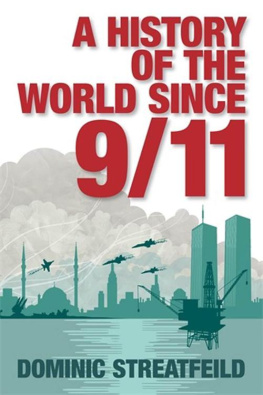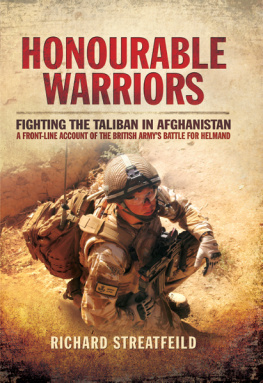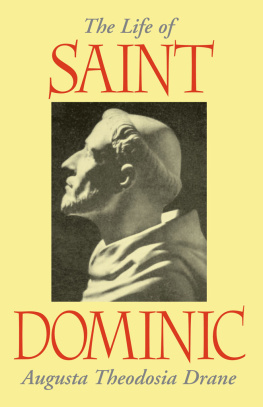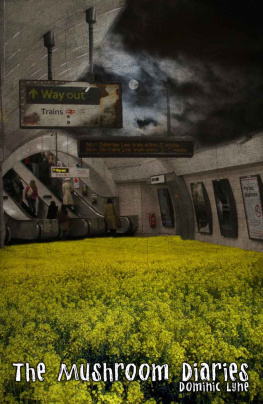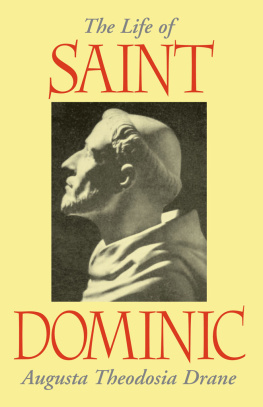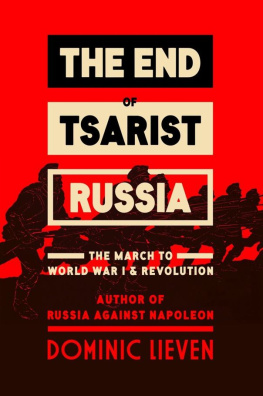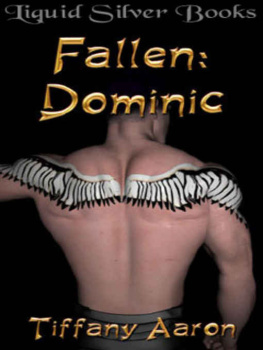First published in Great Britain in 2011 by Atlantic Books,
an imprint of Atlantic Books Ltd.
Copyright Dominic Streatfeild, 2011
The moral right of Dominic Streatfeild to be identified
as the author of this work has been asserted by him in accordance
with the Copyright, Designs and Patents Acts of 1988.
All rights reserved. No part of this publication may be reproduced,
stored in a retrieval system, or transmitted in any form or by any means,
electronic, mechanical, photocopying, recording, or otherwise,
without the prior permission of both the copyright owner
and the above publisher of this book.
1 2 3 4 5 6 7 8 9
A CIP catalogue record for this book is available from the British Library.
ISBN: 9 781 84354 766 2
eISBN: 978 085789 306 2
Printed in Great Britain
Atlantic Books
An imprint of Atlantic Books Ltd
Ormond House
26-27 Boswell Street
London
WC1N 3JZ
www.atlantic-books.co.uk
Introduction
At first glance Turkish Airlines flight TK1202s passengers appear ordinary enough: football fans, perhaps, attending an away game. But there are signs. Eastern European accents. G-Shock watches. Crew cuts. When the men lean forward to open their tray tables their T-shirts ride up their arms, revealing tattoos: daggers, wings, numbers. Not football fans. As the aircraft makes its final approach, they point out of the windows at a Disneyesque palace in the middle of an artificial lake. Slayer! they grin, giving each other the thumbs-up. Camp Slayer!
Inside the terminal building Kellogg, Brown & Root contractors mill about.
No cellphones! barks a sergeant. Those checkpoint guys see you with something electrical, they gonna think you detonating something.
A brief burst of activity ensues as 150 cargo-panted Americans frantically disentangle themselves from various electrical appliances and stow them in their flight bags. iPods and phones safely out of sight, they form a straggly line to wait for their armoured buses and security details.
We dont have an armoured bus or a security detail.
We can get them, Haider, my fixer, says. But theyll mark us out as a target.
Instead, we borrow a battered Hyundai.
Beyond the airports security perimeter the scale of the destruction becomes apparent. Everything appears to have been shelled. Every building, every wall, broken; in their place, rusty rebar cables contorted like palsied fingers. And rubble. Here are the state courts, burned; theres the old parliament building, wrecked. Government ministries are identifiable by the blast barriers protecting them: the more important the ministry, the higher the walls. The entire city is coated with a layer of fine concrete dust.
As we move into town, Haider points out sites of interest: the Ministry of X bombed in 2004; the Department of Y blown up a year later.
It was around here somewhere, wasnt it? he asks the driver.
A couple of years ago, the pair pulled over to help two men lying on the pavement. Perhaps they were wounded?
They werent. Their heads had been sawn off.
Everywhere, garbage. Tons of it. Orange peel, shattered photocopiers, plastic water bottles, old drinks cans. On every corner watchtowers, concertina wire, sandbags; light machine guns peeping through camouflage netting, armoured personnel carriers. Iraqi troops in sunglasses, berets perched on their heads like souffls in that crazy Saddam-style. Checkpoints beautified with plastic flowers. Beside them, signs:
STOP
USE OF LETHAL FORCE AUTHORIZED
DO NOT ENTER OR YOU MAY BE SHOT
Baghdad, 2009. Crucible of human civilization. Gateway to democracy in the Middle East.
Historians like to break up human progress into bite-sized pieces. Its a useful technique: segregated and labelled, historical eras offer prisms through which to view the past, making it easier to comprehend. Typically, theyre bookmarked by inventions: the wheel, the steam engine, the atom bomb. Intellectual movements fit nicely, too: the Reformation, the Enlightenment, Modernism. Each innovation provides a paradigm shift, ushering in a way of thinking previously inconceivable but, after its emergence, unignorable.
Occasionally, waypoints are provided by momentous events. A happening of sufficient magnitude (the argument goes) jars the historical process decisively severing the connection between past and future, sweeping away the old and paving the way for the new. The Flood in Genesis, the birth of Christ, the attack on Pearl Harbor all watershed moments. Bookmarking such events not only provides useful academic waypoints, it also offers another important service: reassurance. With the sweeping away of the old comes trepidation. The birth of a new era provides a link to the past: there have been epochal events before. Things have changed rapidly, and not always for the better. We have survived them. We will again.
The impact of American Airlines Flight 11 into the North Tower of the World Trade Center at 8.46 a.m. on 11 September 2001 was immediately labelled a watershed event. Seventy-six minutes later, after both the South Tower and the Pentagon had been hit, United Airlines Flight 93s calamitous descent into a field in Shanksville, Pennsylvania, marked the end of the attacks and the start of a still-ongoing attempt to define what, exactly, they meant.
Certainly, the strikes were unprecedented. For George W. Bush, they marked a change of political eras as sharp and clear as Pearl Harbor. Secretary of State Colin Powell agreed. Not only is the Cold War over, he explained, the post-Cold War period is also over.
Around the world the media reiterated the global significance of the event, most famously Le Monde. Today, stated the French newspaper, we are all Americans. Perhaps Richard Armitage, Colin Powells deputy at the State Department, put it most pithily: History starts today
Intuitively, all of these statements made perfect sense. The magnitude and audacity of the 9/11 attacks were staggering. All, however, was not as it seemed.
For politicians, as for historians, predictively labelling eras is a hazardous procedure: history is littered with declarations of new eras that have somehow failed to materialize. In the aftermath of the attacks it seemed reasonable to assume that 11 September would trigger a new way of thinking.
Did it?
In a hundred years, when schoolchildren discover what happened at the start of the twenty-first century, what will they think? Will they see the photographs of the collapsing towers, turn the page and forget them? Or will they learn that history stopped, then restarted in some new, fundamentally different direction?
Will 9/11 be a chapter or a footnote?
Things that work in Baghdad: nothing. The water is brown. The power cuts out ten times a day. The phones are disconnected. Mobile networks and Internet connections function intermittently. Transport and sewage: broken. In the hotel restaurant a mournful waiter sits alone watching TV. No coffee. No food. No customers. Duct tape over the windows prevents glass shards from flying into the room in the event of a detonation outside.
Only the Black Hawks appear unaffected. They pass overhead every few minutes: one, in the lead, keeping an eye on the city; the second higher, a hundred metres behind, keeping an eye on the first. Above, surveillance aircraft watch over the helicopters and, above them, satellites look down on all of us.



